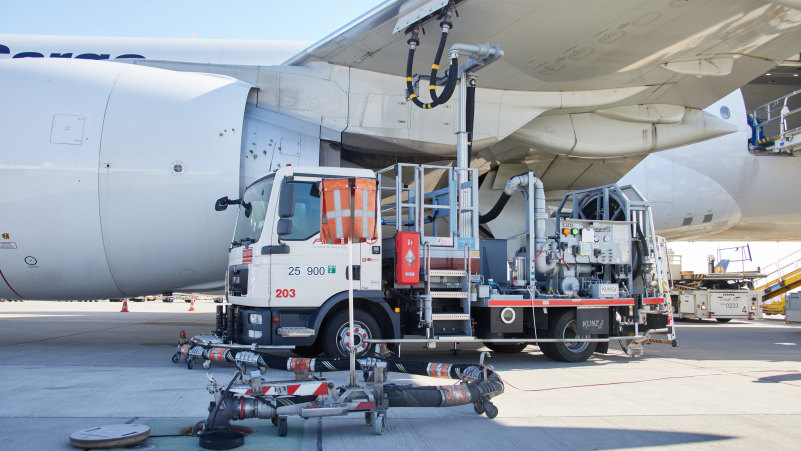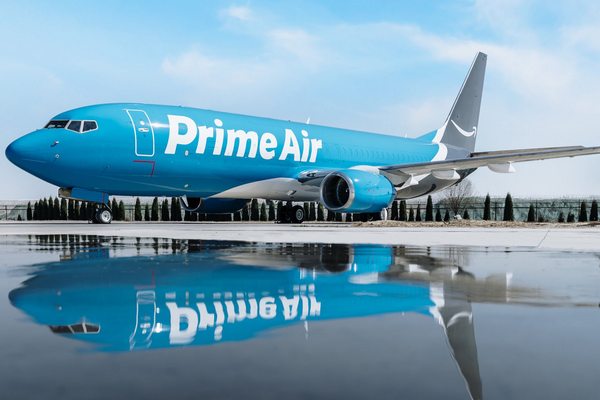The Hungarian government has made it clear that it aims to position the country as a central hub for cargo transportation from China to Europe, especially as other EU states have distanced themselves from Beijing. The recent visit to Budapest by Chinese President Xi Jinping on May 9, 2024, has reaffirmed the strong relationship between the two countries. Hungary was the first EU country to join the Belt and Road Initiative in 2015 and has remained a participant.
In transportation, China is funding the enhancement of the rail link between Budapest and Belgrade, targeting the Port of Piraeus, which is the main hub for Cosco in the Mediterranean. In the electric vehicle sector, Chinese company BYD opened a bus manufacturing plant in Hungary in 2016 and has announced plans to open a car manufacturing plant soon.
China also relies on Hungary for air cargo and passenger transport. Universal Translink Airline Hungary has been operating since 2021, specializing in cargo transport between China and Europe, and is based in Budapest Airport's cargo city. The airline is part of the Central and Eastern European China (CECZ) group and operates eight weekly rotations to the Chinese airport of Zhengzhou Xinzheng using a B747F and an A330-200F. The latter aircraft is owned by the Hungarian government, which purchased it from Qatar Airways in 2020 to address the pandemic.
In early May 2024, Hungarian newspapers reported that Universal Translink Airline Hungary is rebranding as Hungary Cargo Airlines, also registered in Budapest's cargo city. According to the Hungarian blog Budflyer, Hungary Cargo Airlines may use the government's Airbus A330-200 to continue transportation between China and Hungary.
But who is behind this operation? Hungarian sources cite Jiang Wu, originally from China but now a Hungarian citizen, as holding the majority stake in Hungary Cargo Airlines, while Universal Translink Airlines retains a minority share. The new company is seeking the AOC (Air Operator Certificate) in Hungary. The future of this transformation is not yet clear, although it is unlikely that the new company will manage just one aircraft. This could be the foundation for the development of cargo transport between China and Hungary.






























































